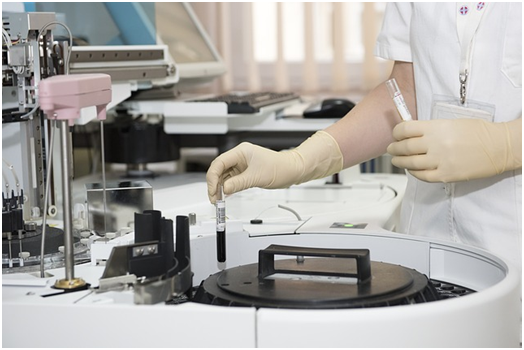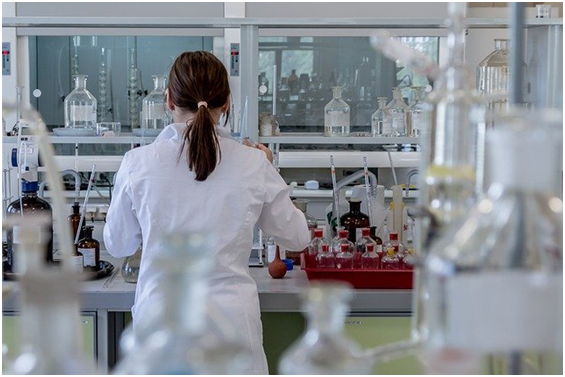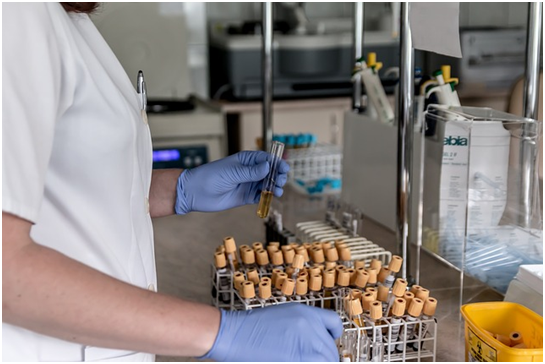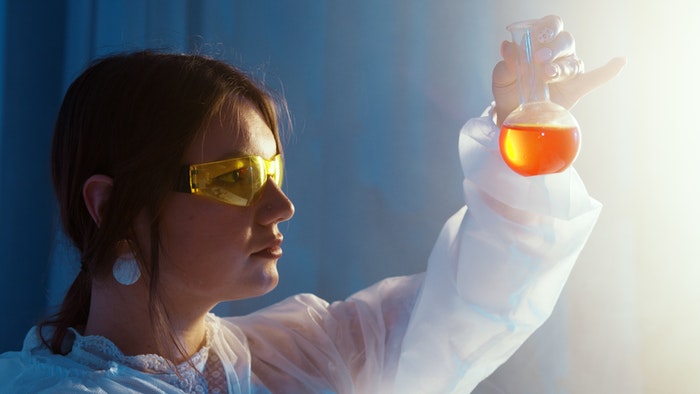Biotechnology is one of the most progressive, advanced, and evolving branches of science and technology. This discipline involves various concepts of physics, chemistry, biology, engineering, and mathematics that are joined together to present innovations that can be used to enhance the quality of life.
There is an abundance of advantages for students pursuing biotechnology because this field comes with plenty of opportunities.
So, opting for a career in biotechnology is one of the wisest decisions for your future. On that note, we’re going to be elaborating on the different branches of brilliant biotechnology and also several reasons why you should consider choosing biotechnology.

Branches of biotechnology
- Medical Biotechnology
Medical biotechnology delves into the use of living cells and other cell materials to improve human health. Primarily, it’s used for finding cures, warding off, or preventing diseases.
This branch of biotechnology uses research to look for different or more efficient ways of maintaining human health. It involves knowledge about pathogens and learning about human cell biology.
The research in the area helps in producing pharmaceutical drugs and other chemicals to combat diseases. It involves the study of plant and animal cells, bacteria to understand the way they function at a fundamental level.
Examples of medical biotechnology
Vaccines
Vaccines are chemicals that energize the body’s immune system to fight pathogens when they attack the body. It prompts the body to react as if it was under attack from the weakened version of the disease.
Antibiotics
The development of antibiotics has been phenomenal, which has helped counter pathogens for humans. Plenty of plants are grown and genetically engineered to procure the antibodies.
This method is more inexpensive than using cells or extracting these antibodies from animals as the plants can provide these antibodies in higher quantities.
- Agricultural biotechnology
This branch focuses on growing genetically modified plants to maximize crop yields. It also introduces characteristics to these plants to grow in regions that place some kind of stress factor on the plant, namely the weather, and pests.
“In some cases, the practice requires the scientists to identify a characteristic and find the gene that causes it” opine Jacob Simmons, an expert for biotechnology assignment help service. Then they put that gene within another plant so that it gains the desirable characteristic, making it more sustainable or having it produce larger yields than it did before.
Example of agricultural biotechnology
Pest Resistant Crops
Biotechnology is responsible for the development of crops that express anti-pest characteristics naturally, making them resistant to pests. This prevents the need for dusting and spraying them continually with pesticides.

- Industrial Biotechnology
Industrial biotechnology involves the application of biotechnology for industrial purposes. Utilizing the methods of modern molecular biology, this area enhances the efficiency and environmental impacts of industrial processes which include paper and pulp, chemical manufacturing, and textile.
This area emphasizes the practice of using cells like microorganisms, or elements of cells like enzymes, to manufacture products in sectors that are industrially useful. The sectors it touches upon are chemicals, detergents, food, textiles, paper and pulp, and biofuels.
In the current decade, industrial biotechnology has witnessed significant progress in creating genetically modified organisms (GMOs). These GMOs enhance the diversity of applications and the economic viability of industrial biotechnology.
It’s also actively moving towards minimizing greenhouse gas emissions with the help of renewable raw materials to come up with a variety of chemicals and fuels.
Examples of industrial biotechnology
Biocatalysts
These are developed by companies that delve into industrial biotechnology that produces enzymes, to synthesize chemicals. Enzymes are proteins produced by all organisms. The desired enzyme can be produced in commercial quantities with the help of biotechnology.
Fermentation
A crop’s sugar can be fermented to acid, which can then be utilized to produce other chemical feedstocks for various products. Some plants, like corn, can be used in place of petroleum to produce chemicals.
- Environmental Biotechnology
Environmental biotechnology is utilized in waste treatment and pollution prevention. It helps clean up many wastes as opposed to the conventional methods and significantly lowers our dependence on land-based methods of disposal.
Every organism ingests nutrients to live. But some bacteria also rely on the chemical components of waste products.
Researchers working in this field introduce nutrients to stimulate the activity of bacteria that already exists in the soil of a waste site or incorporate new bacteria to the soil. The bacteria assist in digesting the waste at the site, thereby turning the waste into harmless byproducts.
Examples of environmental biotechnology
Bioremediation
Bioremediation means the application of biotechnical methods that assist in creating enzyme bioreactors. This will not only treat some industrial and food waste components but also their efficient removal through the sewage system without using solid waste disposal methods.

Reasons to pursue a career in Biotechnology
- Offers immense potential for students
Biotechnology is a branch of science that’s evolving at an unbelievable pace. The advantage of this scientific field is that it offers immense potential to the students who are interested in research and development.
Biotechnology involves researches fuelled by the aspiration of humans to find solutions to new or old problems. So, it’s the right field for the candidates who wish to contribute to the field of science and human welfare. You’ll achieve immense growth in the field of biotechnology with time.
- Scope to contribute to several sectors
Pursuing biotechnology provides the scope for students to contribute to various sectors and industries. For Instance, you can work and contribute to the field of medicine, the manufacturing industry, cell biology, agriculture, environmental uses, and many more.
Students learning and studying biotechnology generally work with molecular biology, bioinformatics, biochemistry, and many other disciplines that focus on maintaining human health.
You can move overseas for more opportunities in the different fields of Biotechnology for the sake of human development and welfare.
- Propels career growth in the right direction
Many institutions today offer immersive courses in biotechnology and pave the way for your professional growth in the long run. Knowledge of the latest innovations and development is imperative to stay relevant in this field. Also, the opportunity to grow your career is quite high in this field; you can start from grassroots levels and hold a higher position in the long run.
With a degree in biotechnology, you can apply for job s in reputable organizations. These organizations often look for candidates who have a sound knowledge base and are open to working on new technologies. Biotechnology offers great opportunities if you want to move to countries Australia, the USA, UK, etc.
Final thoughts,
This elaborate discussion should make you realize the significance of biotechnology, not only in daily life but also in improving the way we live. Technology is constantly evolving along with our economic landscape, and biotechnology is no different.

